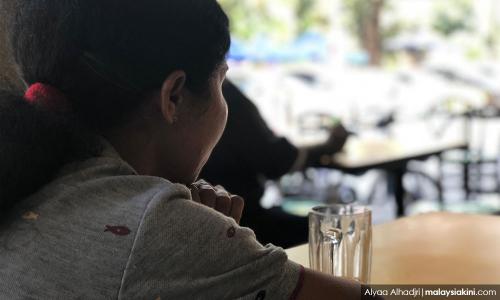COMMENT | Are we complicit in abuse of domestic workers?
COMMENT | Migration continues to have a woman’s face today, represented by domestic workers, comprising mainly women and children.
Domestic workers live in the most unprotected and vulnerable situations. They work in isolated and individualised work environments which facilitate a plethora of rights violations and bonded labour.
Domestic workers are abused, unpaid, overworked, isolated and confined, raped unrecognised and neglected to the point of death. They continue to be in trafficked situations in Malaysia.
Tenaganita has rescued more than 220 domestic workers from June 2019 to June 2021 with over 3,025 human rights violations committed by employers and recruiting agencies and other stakeholders. This situation reflects that one domestic worker goes through multiple forms of rights violations including rape and other forms of violence.
Each case we have handled tells us the same story, over and over. The abuse, the violence and the violations of rights are born out of systemic issues no matter if the domestic worker is from Indonesia, Cambodia or the Philippines.
It is of great concern to us that every domestic worker who was abused could not seek help early because she had no off day, her passport was held by the employer and she lacked information as she remained isolated and confined. And this is clearly reflected in a number of cases of abuse and death.
After decades of advocating for the recognition of domestic workers, it is indeed sad to see that the Malaysian government has failed to provide functioning and accessible avenues for support and redress for domestic workers when it is the government’s responsibility to ensure that all workers in the country have knowledge of their rights and avenues for support.
We must accept that the workers’ trust in enforcement agencies is almost completely undermined by a reputation for complicity in the crime as well as fear-mongering by employers, hence they don’t seek help.
Even if they do access enforcement, the truth is no one is really looking out for them in the system. No one seems to be even equipped to look out for them from the beginning until the end since case management is fragmented across different agencies attending to different aspects of a case.
Cases with clear elements of trafficking and forced labour are approached from a punitive, prosecution perspective, where if the employer isn’t charged, the victim also loses the protection of the law, whereas these should be separate processes.
Sadly, our laws are weak seemingly against all but the most physically injurious abuse.
So where are we in this reality? Are we complicit in the violence, abuse and trafficking of domestic workers in Malaysia?
The number of rescues and cases should be decreasing but it is not. Why?...
RM12.50 / month
- Unlimited access to award-winning journalism
- Comment and share your opinions on all our articles
- Gift interesting stories to your friends
- Tax deductable
